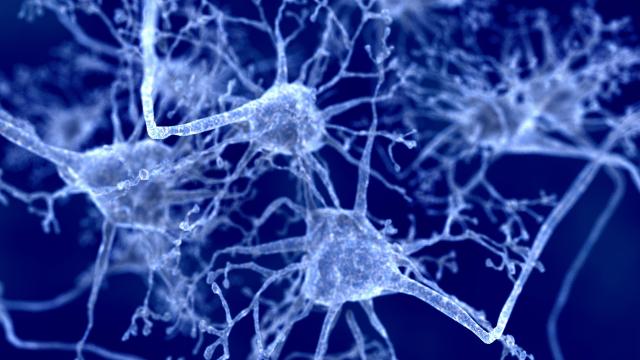Our Love of Music Results from Nurture, Not Nature

What’s the Latest Development?
Music appreciation, once thought to be determined by the physical properties of our ear, is more a function of training and education, says Neil McLachlan from the Melbourne School of Psychological Sciences. In a recent study, McLachlan led a team researchers to study 66 volunteers with a range of musical training and tested their ability to hear combinations of notes to determine if they found the combinations familiar or pleasing. “What we found was that people needed to be familiar with sounds created by combinations of notes before they could hear the individual notes. If they couldn’t find the notes they found the sound dissonant or unpleasant,” he said.
What’s the Big Idea?
Even the ability to hear pitch is a result of training, rather than an innate ability that some simply have or lack. “Our study shows that musical harmony can be learnt and it is a matter of training the brain to hear the sounds,” McLachlan said. “So if you thought that the music of some exotic culture (or Jazz) sounded like the wailing of cats, it’s simply because you haven’t learnt to listen by their rules.” The results support the claim that training the brain to appreciate different combinations of sounds, like those found in jazz or rock, is essential to music appreciation. In other words, the beauty of music is in the brain of the beholder.
Photo credit: Shutterstock.com





